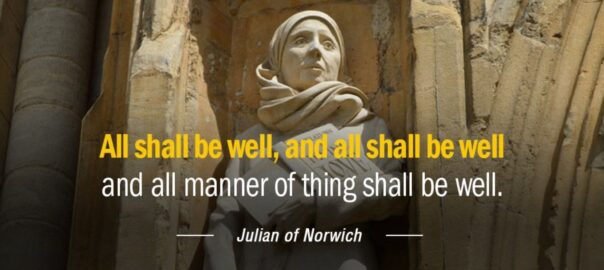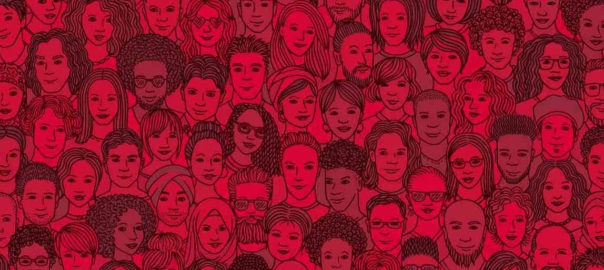
We are in an anthropological crisis. What does it mean to be human? Do male and female identity have any meaning? What does “the science” say about human identity? Is the biological family still the key unit of society or do children belong to “the collective?” For people of faith, how do truth and toleration unite for a peaceful world?
In coming essays, I will speak to the issues of sexual identity and practice in more detail. For this work, I want to offer three guiding principles for a sane way forward regarding human identity and how we see “the other.” I am writing as a Christian, and as a public thinker desiring for all others the liberties that I claim for myself. Having firm theological convictions is not intolerance.
The first step toward sanity is love and respect for every individual we meet. Love means that we desire their best. Respect in this context is seeing identity and potential, not necessarily instant trust. The reason we love and respect each person is that they are created in God’s image. Every person possesses inherent value, regardless of class or culture, gender or race, ability or social situation. The Bible’s opening chapter contains the most dignifying words about being human (selections from Genesis 1:26-28):
“Let us make humankind in our image, after our likeness.
And let them have dominion over the fish of the sea
and over the birds of the heavens
and over the livestock and over all the earth…
God created humankind in his own image,
in the image of God, he created him,
male and female he created them.”
And God blessed them. And God said to them
“Be fruitful and multiply…”
Notice the order of the poetry. We are created in God’s image. We are given work to do: overseeing (not exploiting) creation. And thirdly, we do this as male and female, equally bearing God’s image/likeness. Identity, purpose, gender…the order matters! From the earliest moments of recorded history to the present, people of all cultures and faiths and have found ways to misinterpret, rebel, and subvert this beautiful passage. We allow blood and soil to lead to subjugation of other groups. Sinful structures define male and female in ways that oppress the latter and pervert the former. The church has mostly failed in her history of welcoming men and women as equal partners and inviting all classes and cultures into a beautiful community of love and justice. There is hope…and it is found in the second principle.
The second step in the path forward is understanding that the person and work of Jesus Christ creates a new humanity liberated from the unjust ideologies and systems created by power-hungry sinful people. The Christ Event includes:
- The divine affirmation of the goodness of being human – in body and spirit – for in Jesus Christ, God is forever one of us! (John 1:1-18)
- The joy of Jesus as he willingly offers himself as the ransom of liberation and reconciling sacrifice, atoning for the sins of the whole world. (Mark 10:45; Romans 3:21-31; I John 2:1-2) Everyone we meet is worth Jesus’ sacrifice.
- Jesus’ resurrection announces victory over death and hopelessness, and offers a preview of our future. (Romans 8:28-30; Colossians 1:15-22). Everyone we meet can receive the gift of salvation and be part of a new community anticipating the future.
- The Holy Spirit is God in and with the church, empowering her for worship and witness, comforting and convicting of sin, and giving gifts to all, regardless of past transgressions or particular identities. (Acts 2-4, 11-15; I Corinthians 12-14; Ephesians 1:13-14)
The third guiding insight for sanity about being human is the biblical hope of a new community of joy and justice, embracing all cultures and empowering worship and work on a renewed earth. The poetry of Revelation offers these visions for all who believe (Revelation 5:9; 7:9; 21:3):
You are worthy to take the scroll and open its seals,
Because you were slain,
And with your blood you purchased for God
Persons from every tribe and language and people and nation.
You have made them to be a kingdom and priest to serve our God,
And they will reign on the earth.
And there before me was a great multitude that no one could count,
From every nation, tribe, people, and language,
Standing before the throne and before the Lamb.
And I heard a loud voice from the throne saying,
“Look! God’s dwelling place in now among the people, and he will dwell with them.”
This destiny is not automatic, for this future rests on people freely saying yes to the good news of Jesus Christ. This said, we have a beautiful trifecta of truth guiding our relationships. Everyone we meet is made in God’s image. Everyone we meet is worth the sacrifice of Jesus. Everyone we meet can enjoy a destiny that is anticipated today in community.
Let’s ground our thinking and actions in God’s design, deliverance, and destiny instead of our preferences and prejudices and we can foster foretastes of a beautiful future.




